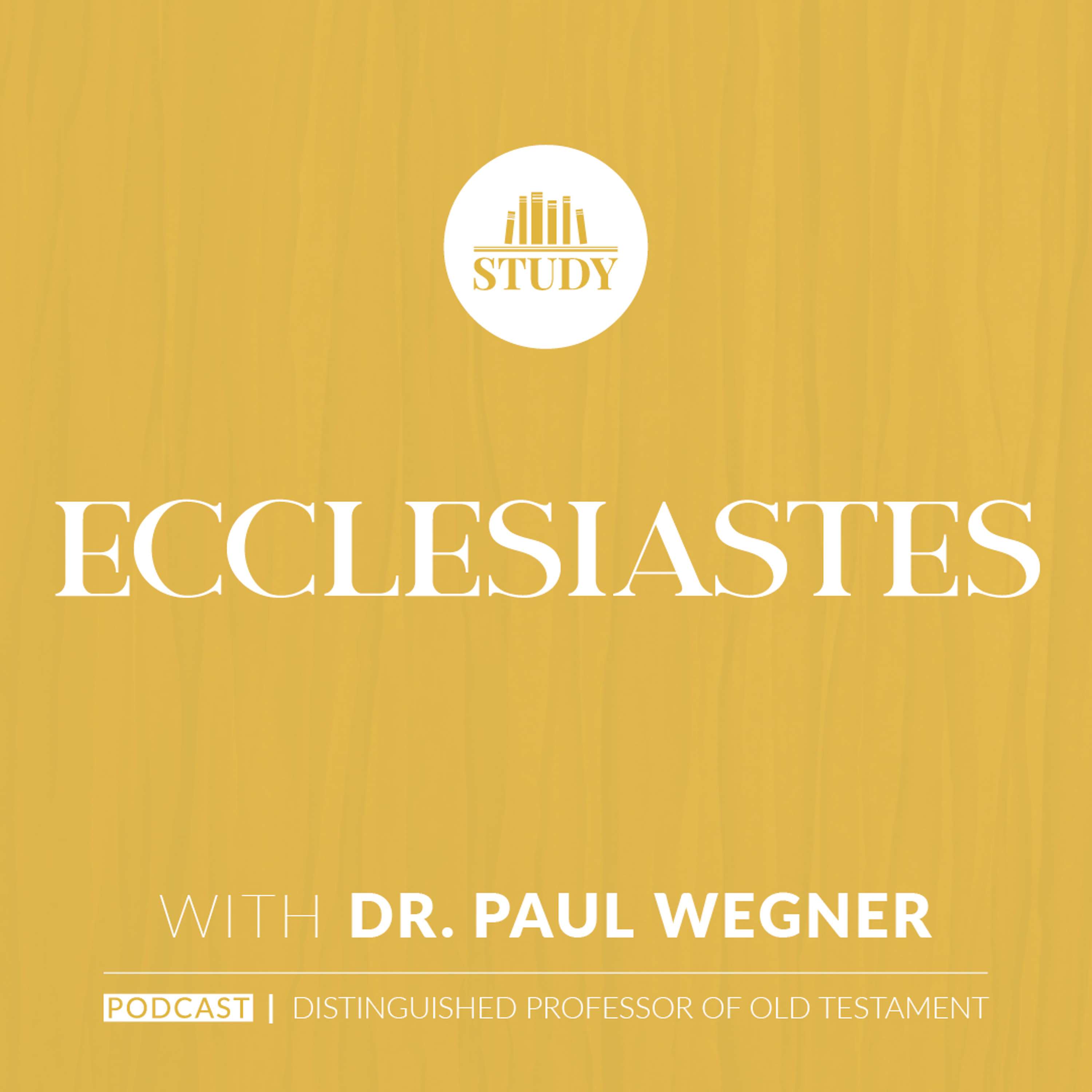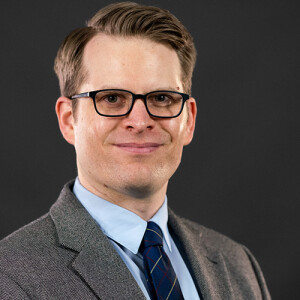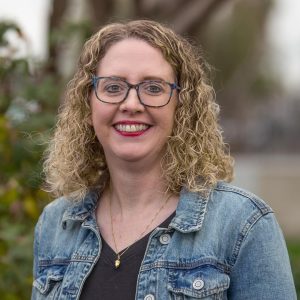We are drowning in misinformation and seem unable to swim to the truth. While politicians decry fake news, they also propagate it and relish its effects on their opponents and elections. Every day people are making life and death decisions based on what they read online from purported experts citing medical studies with obscure sources. Many follow online influencers to determine what they wear and eat, as well as their moral choices about everything from sexual expression to environmental practices. How did we get here?
It began years ago with advocates of post-modernism questioning the stability of meaning and determining truth by social construct. While those are high-sounding academic postulates, they mask an underlying conviction leading to a stark outcome—rejection of absolute truth. What started as a reactionary perspective to modernism among academics spawned a generation (and two or three subsequent generations) who have been taught truth is relative. It was not much of a leap for everyday people to begin applying this academic theory in every area of life. Truth becomes what you perceive it to be.
While this philosophical shift was happening, social media was invented and became the world-dominating force it is today. Social media has many positive applications, but it is also the venue through which misinformation spreads globally like wildfire. It was and is a perfect storm—egregious philosophical error paired with exceptional information dissemination.
Every American, and many people in the rest of the world, now live in this milieu. How can we find islands of reason and survive this sea of misinformation? Here are some suggestions.
First, affirm there is absolute Truth. Its Source is God and its content is revealed in the Bible.
Second, analyze every truth claim against the standard of God’s revealed truth in the Bible.
Third, forcefully and decisively reject every truth claim which is in conflict with what the Bible teaches.
Fourth, develop discernment—marked by healthy skepticism—about people who claim arcane insights about important life decisions. A so-called expert who has inside information about your health, government, denomination, or finances is not credible just because they claim to be outside the establishment or persecuted by the establishment. They are also not credible just because they have mastered social media platforms or have amassed many followers.
Finally, follow the Bible’s pathway to wisdom (as described, for example, in Proverbs). Many issues today are complex and require careful and thoughtful application of truth. Wisdom comes from learning and obeying God’s Word, following leaders who model God’s ways, and practicing community with people in submission to God’s Word and ways. These latter two suggestions will help you replace the wrong influencers described in number four above with people guided by truth.
Christians today are among the most aggressive at spreading innuendos, half-truths, conspiracy theories, and outright lies. Of all people, we have the resources to do better. We can and we must.
Read More

Excerpt — Towards a Clearer Understanding of Jonathan Edwards’s Biblical Typology: A Case Study in the ‘Blank Bible’
Dr. Cameron Schweitzer provides new insights into Jonathan Edwards’s often mischaracterized typology.

Seeing the Unseen
CSBC Women’s Ministry Director Cathie Smith shares how the church can serve the marginalized in its community.
Listen
Wisdom Books | Ecclesiastes
A common misconception about the book of Ecclesiastes is that it is very pessimistic. In actual fact, there is great comfort throughout the book that while life without God is meaningless, there is great satisfaction found when we cling to the Lord, and only to Him.

Ministering in Finland
Mikko Sivonen, Academic Dean of the Agricola Theological Seminary in Finland, joins Dr. Hopkins to discuss working as a missionary in a place where people are predominantly a different denomination than you. You can learn more about Mikko’s work here www.agricolasemin

Watch

Jonathan Edwards and the Asbury Revival
Chris Chun and Chris Woznicki discuss the signs of true revival, signs of the work of the Holy Spirit, and why it is important to critically assess the characteristics of revival in a spirit of charity.

Jonathan Edwards and the Baptists | Douglas Sweeney, Nathan Finn and Chris Chun
Dr. Douglas Sweeney and Dr. Nathan Finn joined Dr. Chris Chun for a panel discussion on Jonathan Edwards, recorded live at the SBC Annual Meeting in Anaheim.




